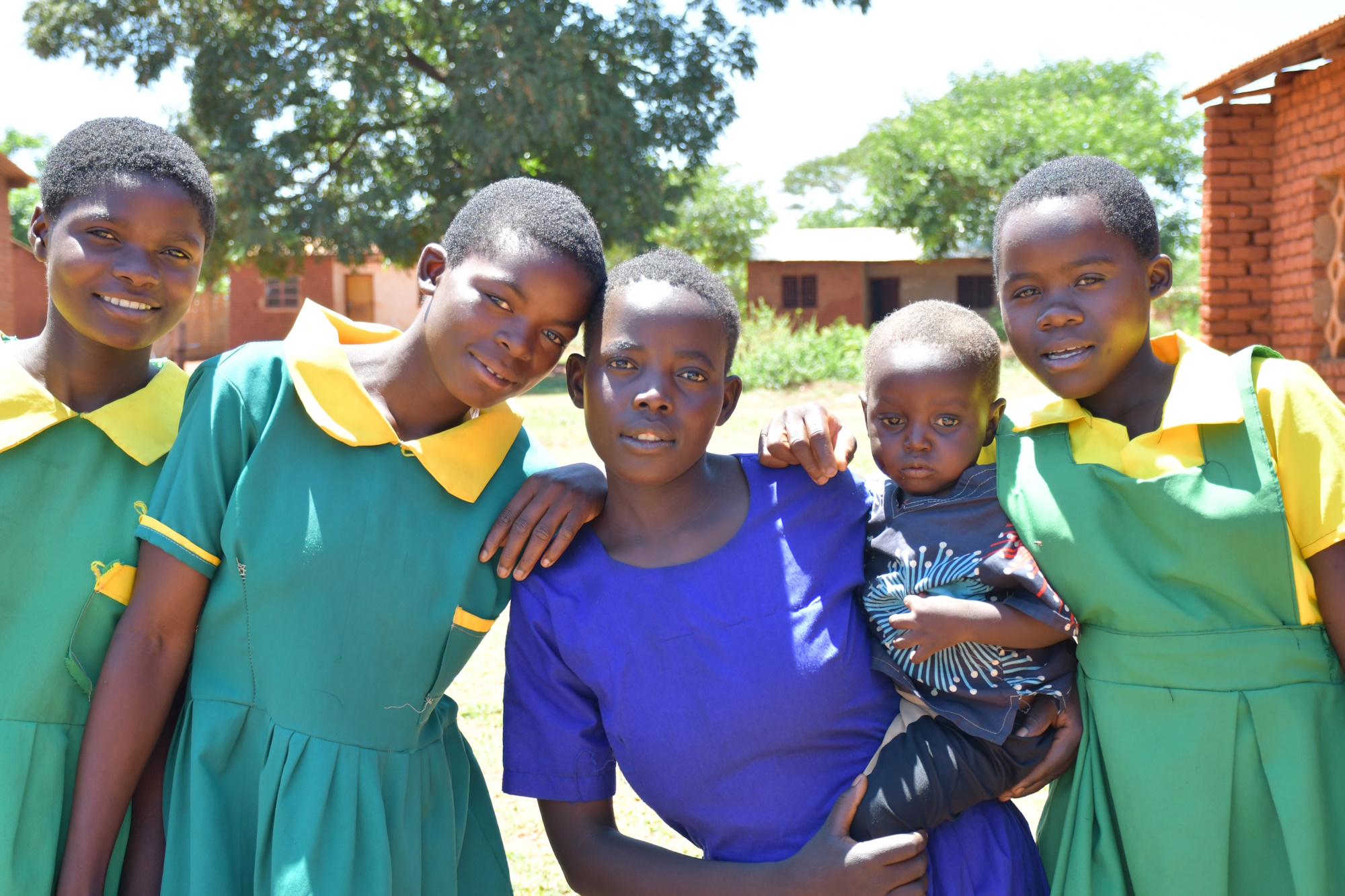 CODE is known across Canada for its literacy and education programs. But what you might not know is that CODE is also working with like-minded partners to tackle issues that prevent students, especially girls, from staying in school and completing their education.
CODE is known across Canada for its literacy and education programs. But what you might not know is that CODE is also working with like-minded partners to tackle issues that prevent students, especially girls, from staying in school and completing their education.
Co-funded with Global Affairs Canada, CODE’s Innovations in Health, Education and Rights for Development (iHeard) program is working with a wide range of partners to improve knowledge of and access to sexual and reproductive health and rights (SRHR) as a strategy for keeping teens in school and focused on their education.
Malawi has one of the highest child marriage rates in southern Africa with 42% of girls married by the age of 18, the 11th highest rate in the world. Child marriage is driven by poverty and pregnancy.
In the past seven years, the Government of Malawi has been trying to tackle this problem through legislation – understanding full well that if students, especially girls, do not complete their education, they will most likely remain impoverished. According to UNICEF (2022) only 27% of rural children in Malawi complete primary school and 10% complete secondary school.
In 2016, the Government passed into law The Readmission Policy that allows girls, who have dropped out of school due to marriage or pregnancy, a second chance to complete their schooling. In 2017, Malawi changed the constitution so that girls could not legally marry until the age of 18. Another piece of legislation, as yet unpassed, would make it criminal for a man aged 18 and over to have sex with a girl under the age of 16. These three pieces of legislation are important and widely applauded but unfortunately not yet enough to change the culture of child pregnancy and marriage in rural villages and ensure girls are staying in school or at least returning to school.
CODE’s iHeard program in Malawi is working at the community and school level in three deeply impacted districts in the Central Region to empower girls and boys with knowledge of their sexual and reproductive health and rights (SRHR) and to foster a welcoming and supportive environment for dropouts, especially teen mothers, to return to school. Our local partner, FAWEMA, is well known across the country for their effective and sustainable school-based interventions, especially around teacher training and support.
This past week I had the chance to visit a school in Malingunde to understand how iHeard is addressing these issues. Each school has a club, which meets once per week and is led by a trained male teacher (patron) and trained female teacher (matron). The club is mixed boys and girls although there are consistently more girls, since girls face greater consequences of engaging in unsafe sexual activity.
During the meetings, the matron and patron lead discussions on issues like menstruation, pregnancy, contraception, self-esteem, setting goals and importance of education. The adolescent girls and boys learn to discuss these topics openly and with each other, not common in Malawian culture.
Under iHeard, the matron and patron have received extensive training and reference materials to create a safe space for discussion and provide the students with accurate information. A large-scale radio campaign facilitated by our partners at Farm Radio International in Malawi supplement what the students are learning in the clubs and helps direct students to the health services in their communities.
At the same time, women from each school’s mothers’ group support teen mothers in the community who dropped out and encourage them and their parents to allow the girl to return to school and complete her education. To date, 48 teen mothers have returned to school with not only the moral support of the community but also with economic support as needed to purchase uniforms or pay the relatively small school fees. These teen mothers are being given a one-time chance to give school another try. One of the women’s group members said to me, “It is our duty to help these young women stay in school and get an education.”
In my conversations with five girls in the school club, I was told consistently that they had all given up being sexually active because they are determined to stay in school and not get pregnant. Through the club meetings, they are developing a sense of self and wanting more for themselves than to be married and pregnant as teens. They are focusing on their studies, wanting to pass their exams and advance to secondary school. One of the girls, Brenda, told me, “Being in the club has made me a better student because as friends and members of the club we help each other with our schoolwork.”
One brave 17-year- old, Zione, who had returned to school after dropping out is now leaving her little boy with her mother so that she can complete school. She told me, “I came back to school because of the iHeard club. Linda and Delina (from the mothers’ group) and the iHeard club have supported me because it is not easy.” She said she was at first scared that people would make fun of her when she returned to school but has found support, encouragement, and friendship in the club. Zione wants to someday become a teacher.
Zione and Brenda are just two of the girls in Malawi who have their sights set on completing school and building a better future for themselves. With the support of their school club and the community, they are finding the way forward.


